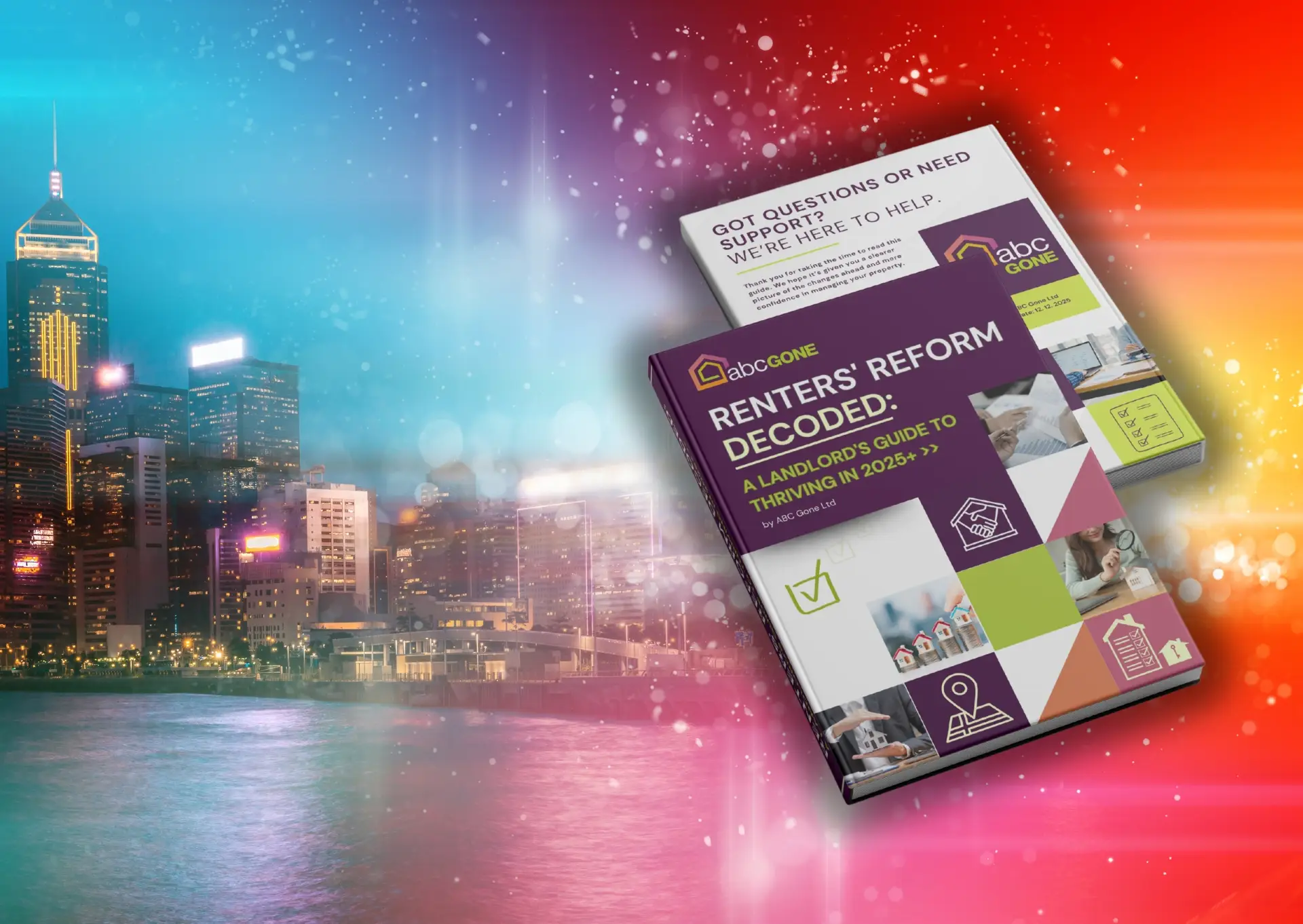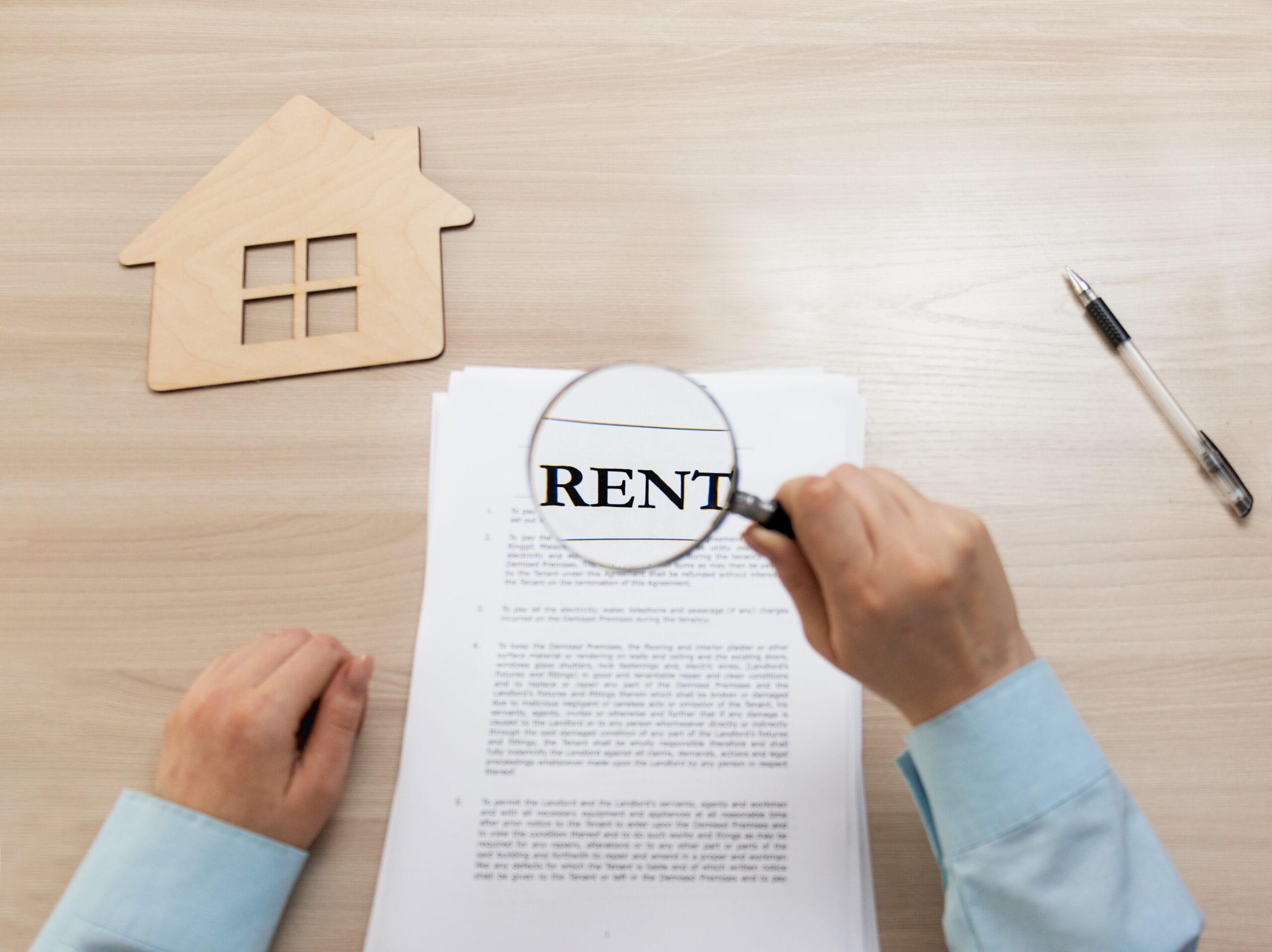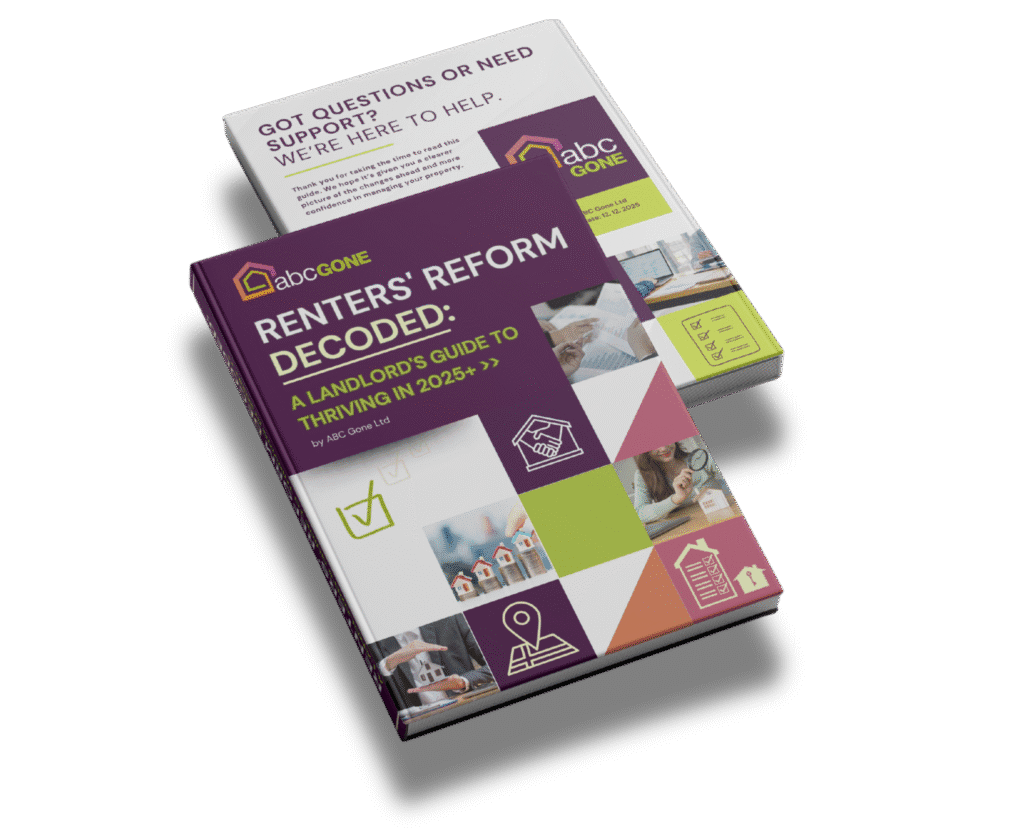Monthly rents have risen over recent years as landlords’ costs have gone up – and competition among renters has remained high. If a landlord wants to increase the rent, it’s usual for tenants to agree to a rent rise that’s fair and reasonable – but they are able to query it. So, what is a fair rent increase in the UK?
As letting agents covering Dagenham, Thurrock and the surrounding areas, we’ve broken down the facts to clarify what’s considered fair in the east London rental market. Whether you’re renting out your buy-to-let investment property or you’re a tenant whose landlord wants to raise the rent, read on for the essential info.
Reasons to raise the rent
In the UK, rent increases should be reasonable and fair – common reasons for landlords to raise the rent include rising inflation rates, increased costs, or the property’s rising value on the local rental market. The tenant is expected to agree the rent can be increased if the new rent amount is reasonable.
When can a landlord raise the rent?
The rules on rent increases depend on the type of tenancy and the terms of your tenancy agreement.
1 Periodic tenancies
During periodic tenancies, the landlord can only increase the rent according to the terms of the rent review clause if there is one, or by serving tenants with a Section 13 notice a maximum of once a year.
2 Fixed term tenancies
Landlords cannot raise the rent during a fixed term tenancy, unless there’s a rent review clause in the tenancy agreement or the tenants agree to a rent increase in writing. This also applies to the fixed term of assured shorthold tenancies.
3 Rent review clauses
A rent review clause allows landlords to increase the rent after a set period during a fixed term tenancy, and usually once during 12 months of a periodic tenancy. Rent rises can be capped at a set percentage or linked to certain factors e.g. local property market prices or the Retail Price Index (RPI).
How much notice for a rent increase?
Notice periods depends across tenancy types. Here are a few guidelines:
- Periodic Tenancies – For tenancies that roll on a weekly or monthly basis (periodic tenancies), landlords must provide at least one month’s notice before the rent increase can take effect.
- Fixed-Term Tenancies – For tenancies with a specified duration (fixed-term tenancies), landlords cannot increase the rent unless there is a rent review clause in the agreement that specifies when and how the rent can be increased. If there is such a clause, the terms of the clause, including any notice period, must be followed. If the tenant agrees, a rent increase can also be negotiated during the fixed term.
- Section 13 Notices – If the tenancy agreement does not specify terms for increasing rent, landlords of periodic tenancies or at the end of a fixed term can issue a Section 13 notice to increase the rent. The notice period for this must be at least one month, or if the rent is paid yearly, at least six months. This increase can only be enacted once per year.
What is a fair rent increase in east London?
The national average rent increase is usually around 4% per year (higher in recent years – around 8%) but rent rises should match the value of a similar property on the local market. According to the Office for National Statistics, average rents in Barking and Dagenham rose by 7% between February 2023 and February 2024, bringing them close to £1,400.
What is the most a landlord can raise the rent?
There is no legal limit for most private rental properties, but fair rent increases in the UK should follow inflation and match the local market value of the property. If the tenant holds a regulated tenancy, the limit is the registered rent set by a rent officer at the Valuation Office Agency (VOA).
How does a landlord suggest a rent increase?
Landlords can reach a verbal agreement, but it’s strongly recommended to send a rent increase letter to tenants on fixed term or periodic tenancy agreements. When it comes to rolling tenancy agreements, the landlord must serve a Section 13 notice.
What is a Section 13 rent increase?
The rules for Section 13 rent increases are set out in the Housing Act 1988 to allow landlords to raise the rent once a fixed term has ended. To serve a Section 13 notice (also called a legal rent increase notice), landlords must serve Form 4 to the tenants. Rent increase notices should include:
- Details of the landlord or managing agent
- The tenant’s details
- Proposed rent increase
- Justification for raising the rent
- Date the new rent will come into effect
- Info on the tenants’ right to refer to a tribunal
Can landlords increase rent without section 13?
Landlords can’t issue a Section 13 notice if the assured shorthold tenancy (AST) contract includes a rent review clause.
Can the tenant refuse rent increases?
If tenants think the rent increase is too high, they can challenge the rent increase in a First-Tier Tribunal. They will pay rent at the existing rate until the appeal is resolved. Tenants who rent under a regulated tenancy must contact the VOA within 28 days of receiving written notice.
Conclusion
While there’s no official limit, there are guidelines to help a landlord to increase the rent fairly. If you have questions about fair rent increases in Basildon, Thurrock, Colchester, Chelmsford, Harlow, Southend on Sea and Essex – speak to ABC Gone. We know what’s happening in the local market, and can help you to understand the rules and options available to landlords and tenants.





